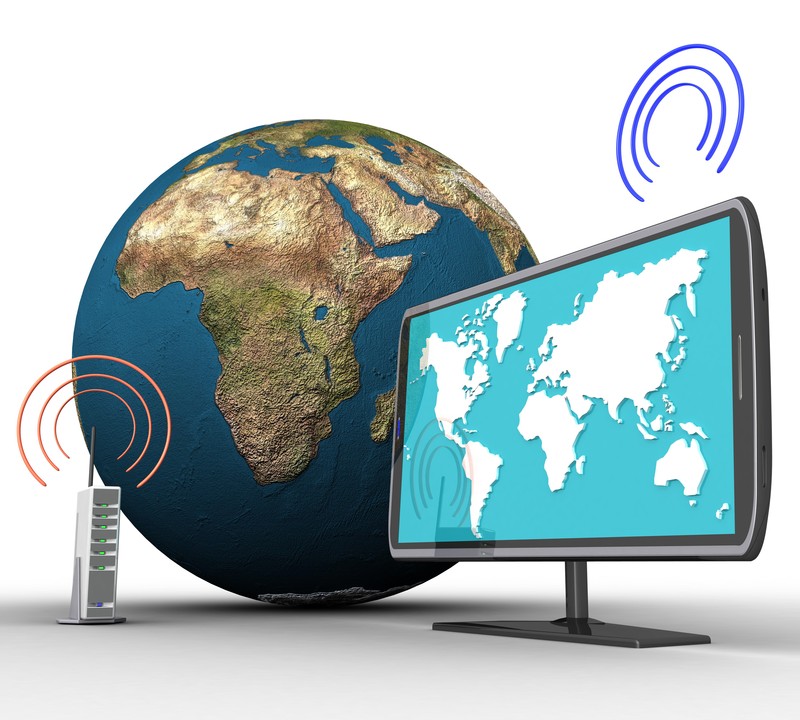Installing a reliable internet connection for your business can be a bit tricky depending on your line of business. To select the best internet service provider, (ISP) you need information about the technology currently available on the market that is best suited to your business.

Types of Connections
Internet connection marketers commonly use some terms such as broadband, wideband, and high speed. These generally refer to types of internet connections that are faster than the dial-up access connection. The Wideband connection-types has throughput levels that reach or exceed 50mbps. Some other terms used by ISPs include:
DSL:
It uses telephone lines and allows the user to carry out voice call and data transfer actions simultaneously. It’s generally one of the most economical connection types. The performance is determined by how far from the ISP the receiver is, but speeds may reach about 15 mbps and 1 mbps for downloads and uploads respectively.
Cable:
This works over standard television cables, but allows simultaneous television viewing and digital phone-use. Cable connections normally share the same bandwidth for users in the same vicinity; hence speeds may drop during peak hours.
Fibre:
This is a newer connection type that offers superior performance. It can offer television watching, phone and internet service for 24 users simultaneously. Speeds normally range from 15 to 150 mbps for downloads and upload speeds is between 5 to 35 mbps.
Here are a few technical terms that you should be conversant with when choosing an internet service provider:
Uptime:
This is also called responsiveness or availability, and it’s the amount of time the network connection is functioning.
Latency:
Also called delay. It’s the number of milliseconds the data takes to travel across a network from one point to another.
IP Address:
A distinctive identifier for a computer or device. If an organization needs to host services like web, VPN, and mail, static IP addressing is recommended, if not, dynamic addressing is the best choice.
Internet service providers offer a several service levels and plans for every connection type, bandwidth being the main point of distinction. Choosing the right speed is one of the primal decisions you will have to make. The higher the number of people to use the connection, the higher the amount of bandwidth you will need.
Another very important step is to read and understand the service terms and conditions of the contract before you sign up. Some companies may require a long contract of about three years to offer the service rate they advertise. Long contracts are not recommended as technology and prices keeps changing and you also don’t want to be locked in a contract while newer, cheaper, and faster services come up a year later.
ISPs also distinguish the services they provide to home users from those of business users. Business class connections like those offered by Fastweb business are more reliable, have great speeds and come with benefits that are practical to business people. Equipment and installation costs are also very important to consider. Home usage plans have much lower costs as compared to business class plans.

























